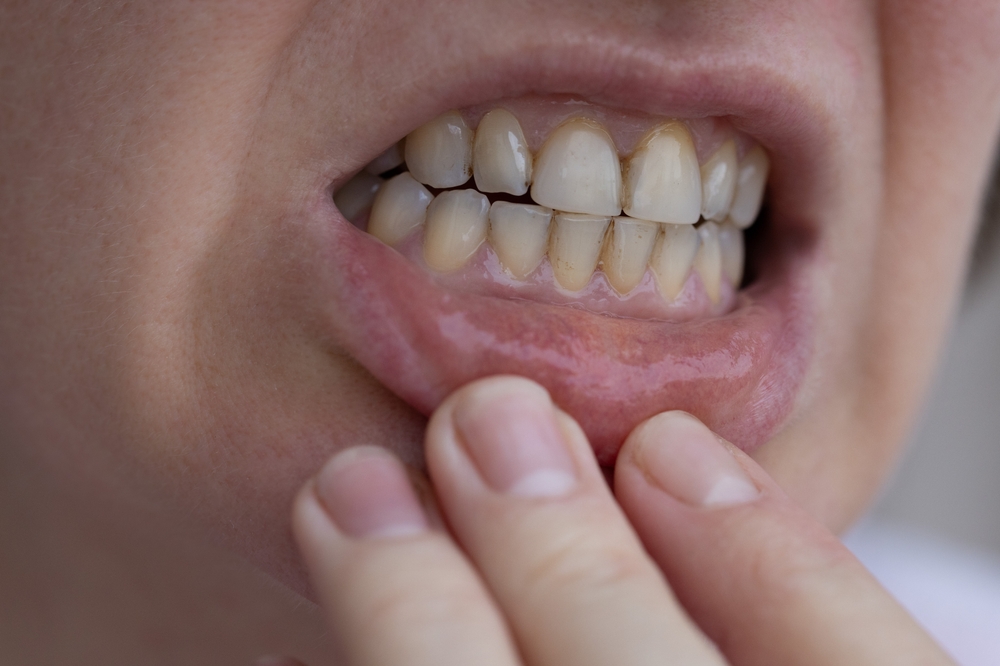Fatigue, frequent infections, and bone pain can all be signs of a vitamin D deficiency – a common condition, especially during the darker months.
Others are reading now
Vitamin D is essential for healthy bones, a strong immune system, and a balanced mood. Yet many people walk around deficient without realizing the symptoms could be tied to this one vitamin. Read on to learn the warning signs, causes, and how to prevent deficiency.
Signs of Vitamin D Deficiency You Should Know

Vitamin D plays a vital role in the body’s overall function – particularly when it comes to bones, immunity, and mental well-being. Deficiency is widespread and can lead to serious health consequences. Here are the key signs to look out for:
1. Weak Bones and Osteoporosis

- Vitamin D is necessary for the absorption of calcium and phosphorus.
- A deficiency can result in brittle bones and increased fracture risk.
- In children, it may cause rickets (soft, deformable bones).
2. Muscle Weakness and Fatigue

- Chronic tiredness and low energy are common symptoms.
- Lack of vitamin D can reduce muscle strength and endurance.
- Supplements with vitamins D, C, and B6 may help improve energy levels.
3. Dental Problems

- Vitamin D helps protect teeth and supports jawbone strength.
- A deficiency may contribute to poor oral health and dental issues.
4. Frequent Infections

- A weakened immune system can lead to more respiratory infections.
- Vitamin D is critical in helping the body fight off illnesses.
5. Depression and Mood Swings

- Vitamin D deficiency interferes with serotonin production.
- This can result in low mood and emotional instability.
6. Skin Issues and Hair Loss

- Vitamin D supports a healthy skin barrier.
- Deficiency may worsen conditions like psoriasis and other skin disorders.
- Hair thinning and hair loss can also be linked to low vitamin D levels.
Common Causes of Deficiency

- Insufficient sunlight exposure (especially in winter)
- Poor diet lacking vitamin D-rich foods
- Excessive use of sunscreen
- Chronic illness, aging, and obesity
- Pregnancy increases vitamin D requirements
How Deficiency Is Diagnosed

A blood test can measure levels of 25-hydroxyvitamin D:
- ≥ 50 ng/ml: Sufficient
- 30–50 ng/ml: Mildly low
- < 30 ng/ml: Deficient
Treatment and Prevention

- Sun exposure: Aim for 10–20 minutes daily without sunscreen
- Diet: Eat fatty fish, eggs, mushrooms, and fortified foods
- Supplements: May be necessary if a deficiency is confirmed
- Early intervention improves both health and quality of life


